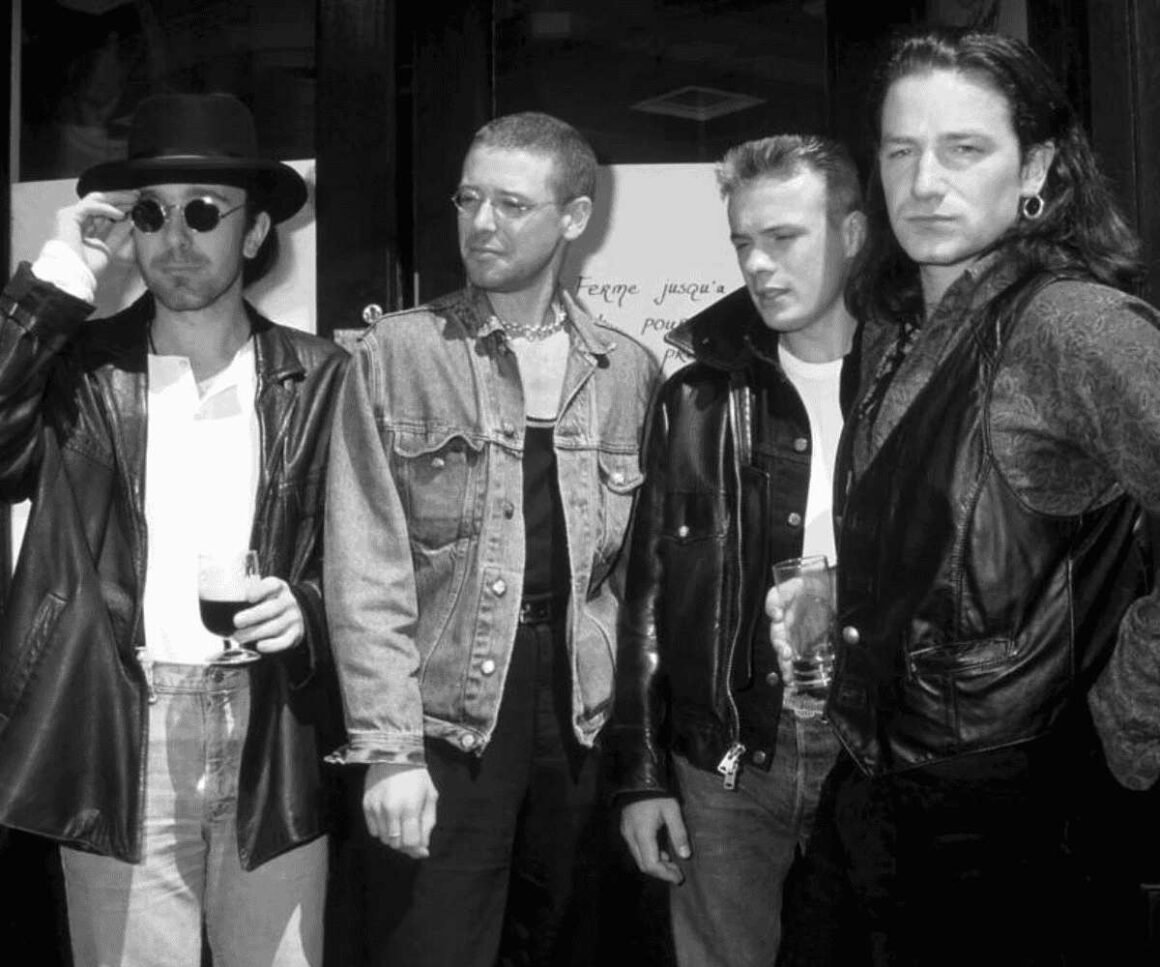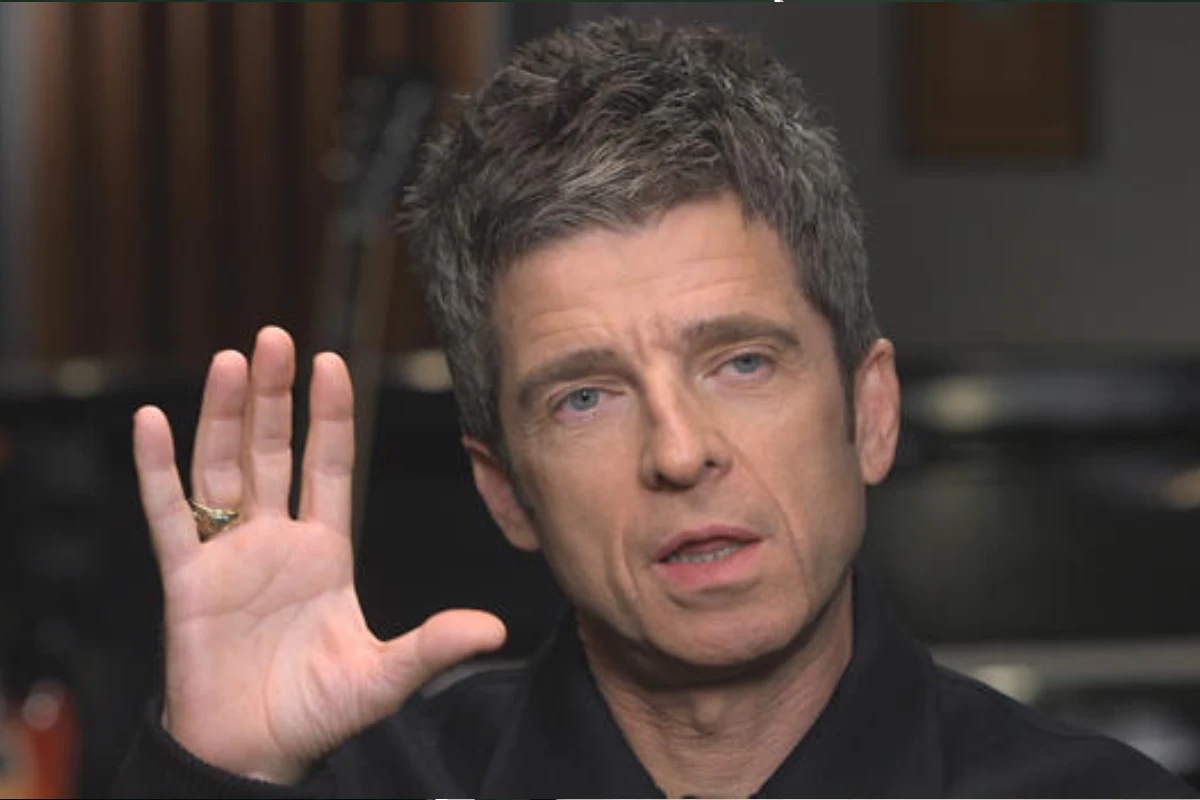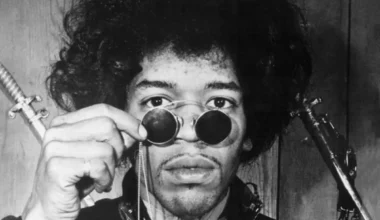The 1980s may bring to mind bright colors, spandex, and questionable hairstyles, but the decade also saw significant musical innovations. From the minimalist approaches of post-punk to the atmospheric sounds of goth, one prevalent idea emerged: music should have an enormous sound.
Bands from The Waterboys to Van Halen embraced this philosophy, but few did it better than U2.
Despite their current status among the “uncool” acts alongside Coldplay and Cliff Richard, U2 once stood at the forefront of rock music. Long before Bono donned his iconic shades or The Edge became synonymous with delay effects, the band showcased a clever artistic vision.
While U2’s later albums like Zooropa and Pop might overshadow their earlier brilliance, their ascent began in the early ’80s. They infused post-punk with a powerful, anthemic style, marked by Bono’s passionate vocals, The Edge’s shimmering guitar riffs, and a dynamic rhythm section that captivated audiences.
The band evolved over time, expanding their sound by embracing contemporary trends. This evolution culminated in their 1983 album War, produced by Steve Lilywhite, who was instrumental in the decade’s “big music” trend through his signature gated reverb drum sound, used by artists like XTC and Peter Gabriel.
Instead of retracing their steps after War, U2 chose to explore new territory. They aimed to merge their expansive sound with minimalist elements, bringing on ambient producer Brian Eno and his collaborator Daniel Lanois. This partnership pushed U2 into a more hypnotic and artful direction, resulting in the landmark 1984 album The Unforgettable Fire.
Though it received positive reviews and produced their biggest hit at the time, “Pride (In the Name of Love),” The Unforgettable Fire was ahead of its time. It drew criticism in America for straying from the expected anthemic choruses, yet it paved the way for their iconic 1987 album The Joshua Tree, which struck a perfect balance between grandiosity and artistic depth.
At the height of their success in 1987, Bono praised the “out of focus” nature of The Unforgettable Fire, crediting Eno and Lanois for revealing the band’s essence and opening doors to their true potential. He described the album as “blurred like an impressionist painting,” contrasting it with the clear-cut imagery of commercial music.
Bono remarked, “We owe Eno and Lanois so much for seeing through to the heart of U2.”
Next time you find yourself critical of U2, remember that their journey is more nuanced than it appears. The story of The Unforgettable Fire serves as a powerful example for artists seeking to evolve.
Its legacy, along with the lessons learned from what followed, highlights the challenges of maintaining acclaim in an ever-changing musical landscape.







